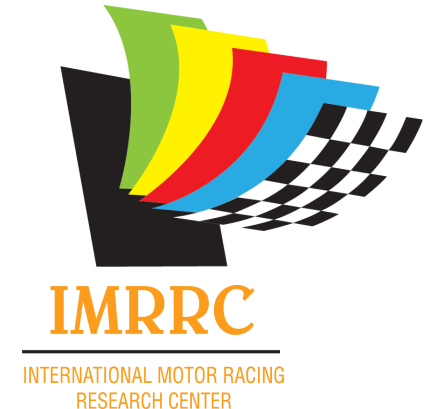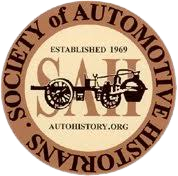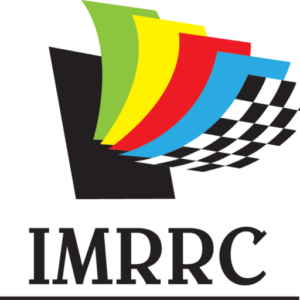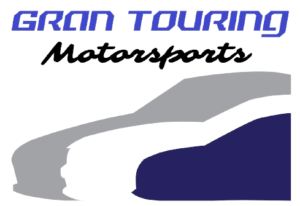A Virtual Celebration of Racing History
The International Motor Racing Research Center and the Society of Automotive Historians are pleased to announce a Virtual Symposium on International Motor Racing History, providing an on-line platform for presentations on all aspects of motor racing history.
The growing interest in the Michael R. Argetsinger Symposium on International Motor Racing History has created a need for two separate events. The established in-person symposium, which has moved to a new venue, the Harbor Hotel on Seneca Lake, has a limited number of presentation slots that are filled every year. To expand participation opportunities, we invite authors, motorsport scholars, enthusiast historians and students to share their areas of historical interest with the motorsport community by means of the new Virtual Symposium on International Motor Racing History.
Pre-recording provides maximum flexibility for presenters:
- Any motorsport topic, from general interest to the narrowest of niches, is invited.
- Presentations can be made for up to 60 minutes.
- Students to seasoned researchers are encouraged to submit presentation proposals.
Throughout the year, The Motoring Podcast Network (part of Gran Touring Motorsports) will post YouTube videos of the pre-recorded presentations on this webpage, for year-round public viewing.
Potential presenters are invited to submit proposal abstracts, not exceeding 200 words, by completing and submitting the ABSTRACT SUBMITTAL FORM below, any time after
June 1, 2025.
- Abstracts should summarize the content and argument of the proposed presentation in a succinct and compelling manner and should include representative graphic images that will be used as visual accompaniments to the presentation. An estimate of elapsed time for the presentation should be included.
- Abstracts are to be submitted using the fill-in form (below).
- Submission of an abstract does not guarantee selection for the Virtual Symposium.
- If selected, the presenter then provides a PowerPoint slideshow, including a draft of the accompanying text, for final approval. PowerPoint compilation assistance for the final slideshow may be available on request.
- Upon acceptance, you will record your presentation via Zoom with an SAH or IMRRC symposium administrator.
- Presenters are responsible for providing proper credit and/or permission for images used in a presentation.
- Each completed presentation recording will be converted to a YouTube video and posted to this page of the IMRRC website, for public viewing
DISCLAIMER: Please note that by registering for this event, you consent to have your presentation and its content distributed in the public domain, ie: YouTube, Podcasts, etc. Additionally, pre-recorded presentations may be eligible for print publication in the SAH Automotive History Review or the SAH Journal, and/or in the Journal of Motorsport Culture & History.
Abstract Submittal Form
"*" indicates required fields
For additional information, please contact Symposium Administrators: Duke Argetsinger of the IMRRC and Robert Barr of the SAH.
Previous Presentations
Click on the YEAR tabs below, then select and click on any thumbnail to begin playing the individual video presentations from each speaker.
All of the production, recording, live-stream, post-production, technology support, editing and podcasting work for the IMRRC Symposium starting in 2022 has been provided by the team at The Motoring Podcast Network (a division of GTM). Proud members of the IMRRC & the SAH and contribute volunteer time and resources to help grow the success of this conference. Please consider supporting their work via Patreon.
Thank YOU for your support!
We would like to thank our sponsors and volunteers for the continued support of the Annual Argetsinger Symposium. If you’d like to contribute to the success of this event, please don’t hesitate to reach out to research@racingarchives.org for more information.















